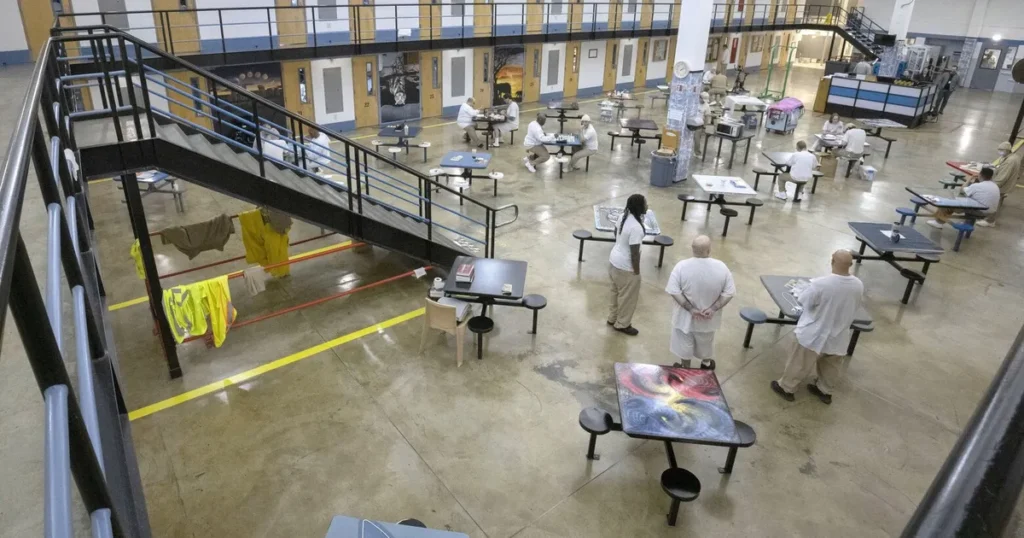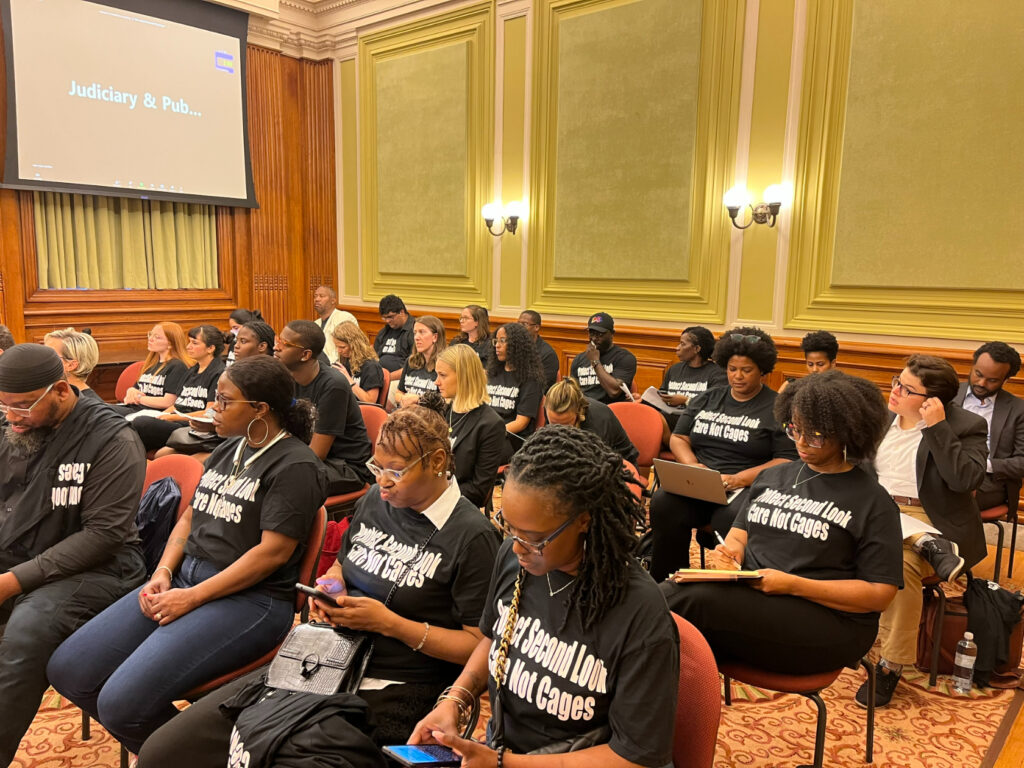Juvenile Defense Washington DC: 5 Shocking Changes Parents Must Know in 2025
Table of Contents
Introduction: Why Juvenile Defense in Washington DC Matters More Than Ever
In 2025, juvenile defense in Washington DC faces a historic turning point. Congress recently passed bills that could allow 14-year-olds to be tried as adults in serious criminal cases. For parents and families, this is more than a policy debate — it’s a direct threat to how children are treated in the justice system.
Juvenile courts were built to rehabilitate, not punish. But these new laws may erode that mission, placing vulnerable teens in adult courts and prisons. That’s why juvenile defense in Washington DC is not just a legal need — it’s a lifeline.
What the Law Was — and What May Change
Traditionally, Washington, D.C. handled youth under age 18 in juvenile court, unless the crime was extremely serious. For 16- and 17-year-olds, prosecutors could push for “transfer” into adult court. Judges often considered developmental factors, family background, and the potential for rehabilitation.
But under the new bills passed in September 2025, children as young as 14 could face adult charges. Even worse, the “youth offender” status — which once protected defendants up to age 24 with more lenient sentencing — would now end at 18. This means many more teens risk being sentenced like adults.
For defense attorneys, this shift completely changes strategy. For families, it raises urgent questions about rights, representation, and the future of their children.
Why Juvenile Defense in Washington DC Is Different
Unlike many states, Washington, D.C. is unique because federal prosecutors play a powerful role in youth cases. This means decisions about whether a teen is tried as a juvenile or an adult often bypass local judges.
That makes experienced juvenile defense Washington DC attorneys essential. They understand how to:
- Fight transfer requests.
- Present evidence of immaturity, mental health, or mitigating circumstances.
- Push back against prosecutors seeking adult-level punishment.
Without a strong defense, a 14-year-old could be treated the same as a hardened adult offender.

The Human Cost: What Happens When Kids Are Tried as Adults
Trying 14- or 15-year-olds as adults is not just a legal formality — it’s a life-altering decision.
- Adult Sentencing: A minor may face decades in prison, cut off from education and family.
- Adult Facilities: Teens housed with adult inmates face higher risks of abuse and trauma.
- Permanent Records: Unlike juvenile records, adult convictions follow someone forever, limiting jobs, housing, and education opportunities.
This is why juvenile defense Washington DC is more than courtroom strategy — it’s about protecting a child’s future.
Logic, Emotion, and Fear: Why Families Must Act Now
- Logic: Studies show youth tried as adults are 34% more likely to reoffend than those kept in juvenile court. Rehabilitation is smarter, safer, and cheaper for society.
- Emotion: Imagine your 14-year-old standing trial beside adults, facing years behind bars before they even finish high school. Families feel powerless — but the right lawyer can give them hope.
- Fear: Without aggressive juvenile defense in Washington DC, a child’s entire future can be lost in a single court decision.
A Live Example
Just this year, a 15-year-old in Washington, D.C. faced robbery charges. His attorney fought to keep the case in juvenile court. The judge agreed, allowing him to access school programs and counseling. Under the new laws, this same teen could have faced adult charges — and a sentence that would have erased his chance for rehabilitation.
What Families Should Do if Their Child Is Charged
- Demand a Juvenile Defense Lawyer Immediately — never let a child speak without representation.
- Document Everything — school reports, mental health records, family history all matter.
- Push for Juvenile Court — argue strongly for rehabilitation, not punishment.
- Stay Informed — laws are shifting; a lawyer experienced in juvenile defense Washington DC knows the latest developments.

YouTube & Community Resources
For parents trying to understand what’s at stake, videos like “Why Juvenile Brains Are Different” provide crucial insight. Community groups in D.C. are also hosting forums to help families learn about their rights and advocate for fair treatment.
Conclusion: Protecting the Future of D.C.’s Youth
Washington, D.C. stands at the center of a national debate about how young is “too young” to be tried as an adult. With Congress pushing harsher laws, the role of juvenile defense in Washington DC has never been more important.
👉 If your child is facing charges, don’t wait. Contact an experienced juvenile defense Washington DC lawyer today — because their freedom, safety, and future may depend on it.


Leave a Reply